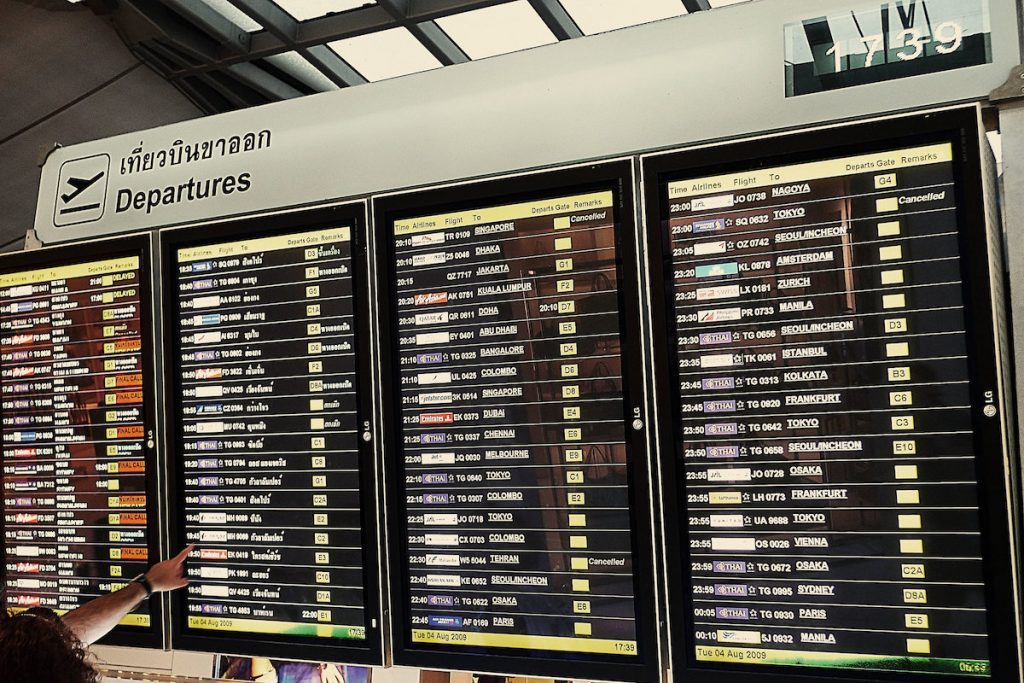Europe and Southeast Asia Open Skies to Fuel Airline Expansion
The European Union and Association of Southeast Asian Nations (ASEAN) have signed a new open skies agreement aimed at recovering and expanding airline links between the two regions.
The agreement is unique as it covers two blocs of countries — the EU has 27 members and ASEAN 10 — rather than two countries or between the EU and, for example, the U.S. The agreement, unveiled Monday, will drop all restrictions on flights between the EU and ASEAN for airlines based in either region. It goes into effect immediately.
"It will support the aviation sector's recovery after COVID-19 and restore much-needed connectivity," EU Commissioner for Transport Adina Vălean said. She added that the agreement provides a "platform" for the EU and ASEAN to collaborate on "economically, socially and environmentally sustainable aviation."

Airlines based in ASEAN, which includes Malaysia, the Philippines, Singapore, and Thailand, are currently the largest in the market. Singapore Airlines and and Thai Airways flew the most passenger capacity between the blocs this year, according to scheduled data from Diio by Cirium. KLM and Lufthansa are third and fourth, respectively.
The agreement also appears to be a way for the EU to offer its own airlines a leg up in competition with the Gulf carriers, which include Emirates and Qatar Airways that carry large numbers of connecting passengers between the two regions. The bloc described the pact as helping "EU and ASEAN airlines to compete with competitors targeting the lucrative EU-ASEAN market."
Airline capacity between the EU and ASEAN will be down 28 percent compared to 2019 in the fourth quarter, Diio data show.




